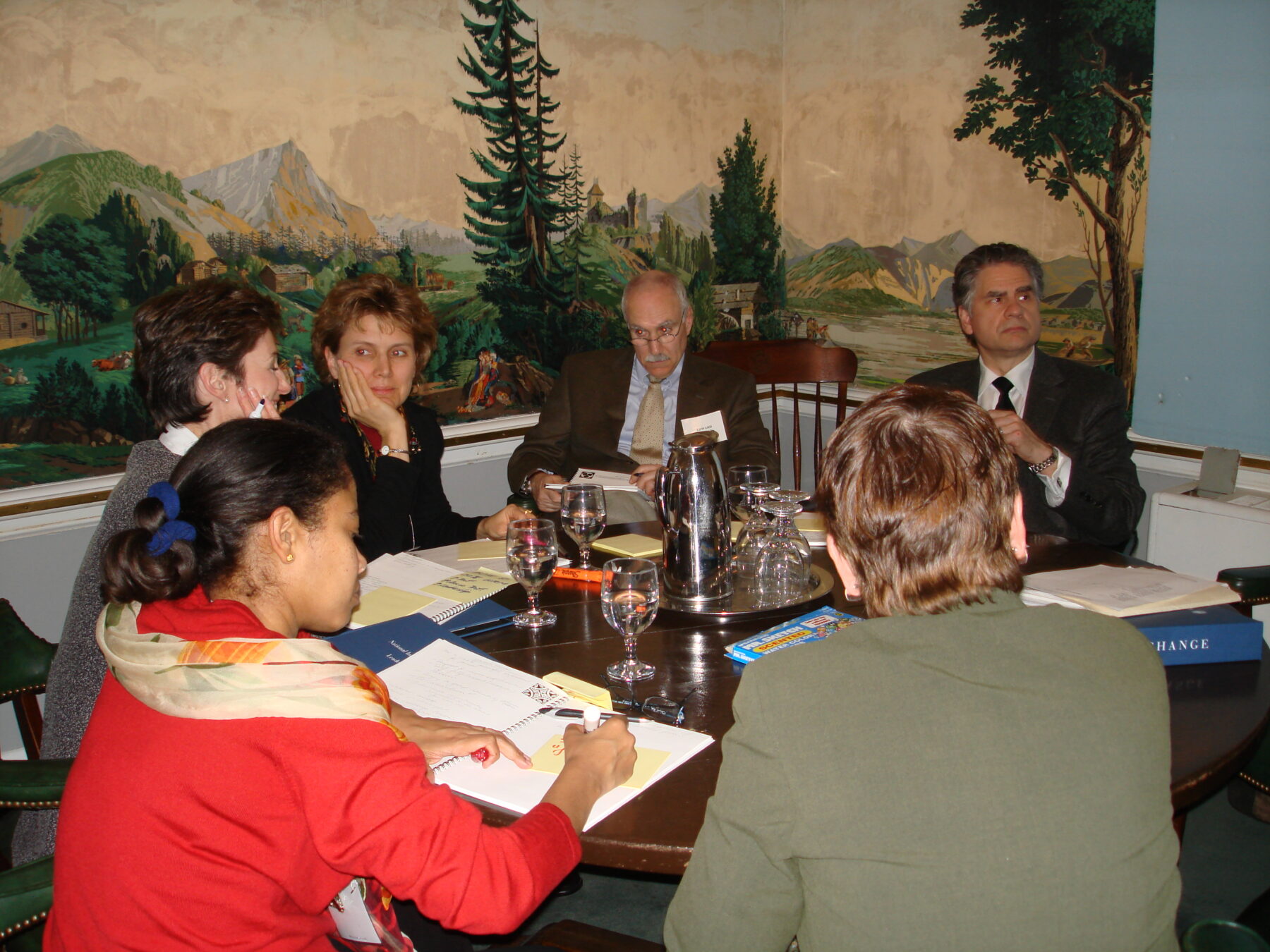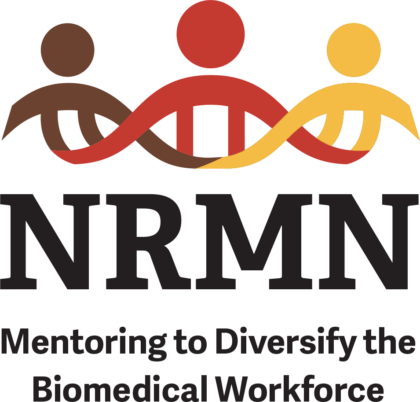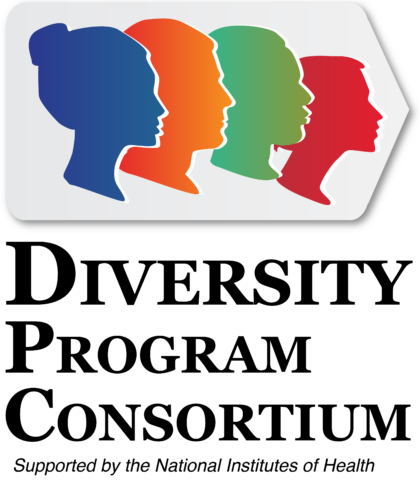As in other fields, mentoring is believed to be a valuable tool to help ensure the retention and success of physicians and researchers in academic medicine. C-Change’s research sheds light on these aspirations. In a national study, C-Change found that the majority of faculty were dissatisfied with the mentoring available to them and, of note, senior faculty—at the rank of associate or full professor—were just as likely to desire mentoring and just as likely to be dissatisfied with their mentoring as assistant professors.
To confront the problem of inadequate mentoring while avoiding some of the well-documented failures of dyadic mentoring, C-Change designed a yearlong facilitated group peer mentoring program, the C-Change Mentoring & Leadership Institute. In use for over a decade, C-Change received an NIH grant to conduct a randomized controlled trial to study the efficacy of this model and its mechanisms of action. The trial demonstrated positive impact in enhancing faculty vitality and increasing self-efficacy in: career advancement, research success, and mentoring others.
C-Change is part of the NIH National Research Mentoring Network (NRMN), a nationwide consortium of biomedical professions and institutions collaborating to provide enhanced networking and mentorship experiences in the health sciences.


